One in three people who catch coronavirus will suffer at least one symptom of long COVID, a new study has found, which means as many as 33,000 Australians may have struggled with the mysterious, lingering effects of the virus.
The just-released study into long COVID, a phenomenon where people who have recovered from the virus remain hit with debilitating symptoms for months afterwards, is one of the most in-depth to have been conducted, involving 270,000 people in the US.
Researchers found 37 per cent of patients suffered at least one long COVID symptom three to six months after infection.
READ MORE: How 'long COVID' leaves survivors facing strange and frightening futures
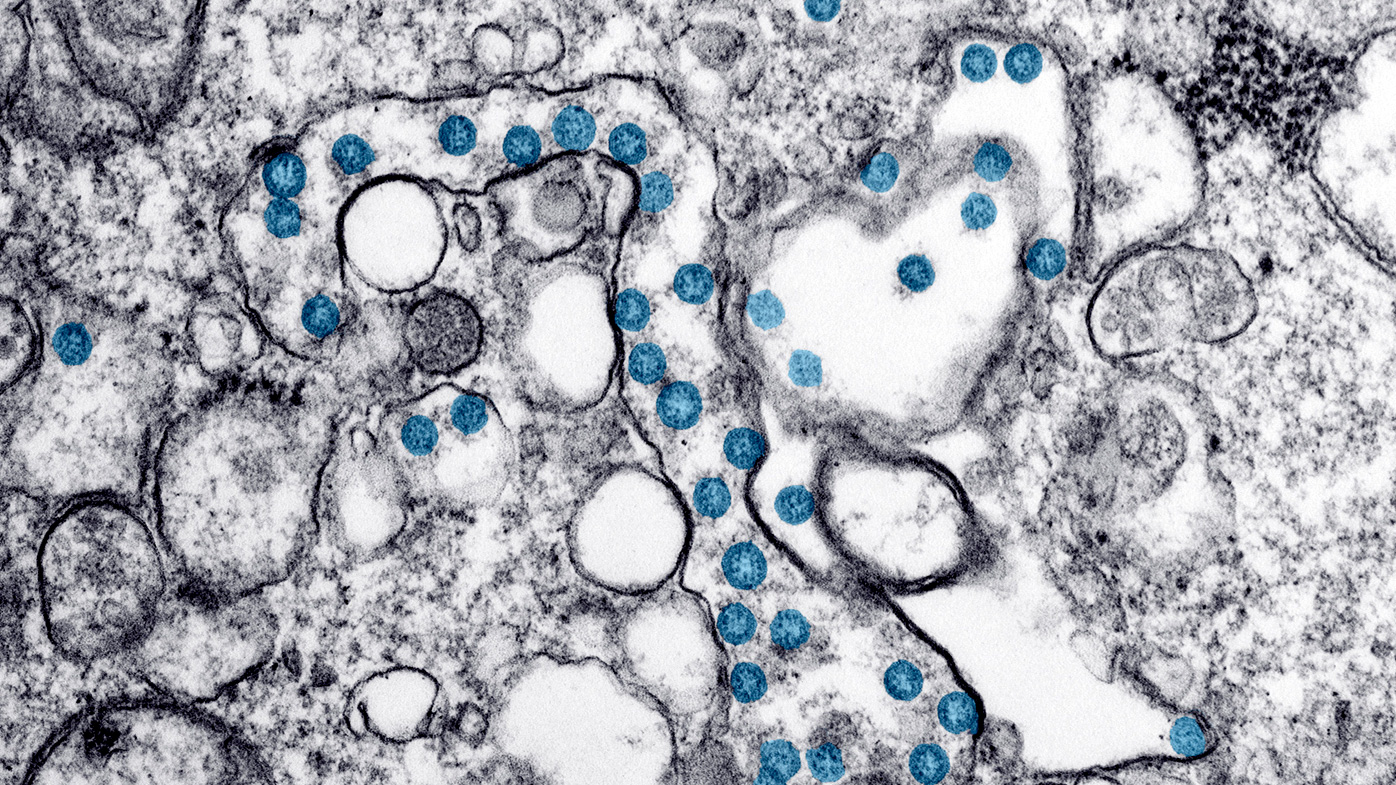
The most common symptoms were breathing problems, abdominal symptoms, fatigue, pain and anxiety or depression.
People hospitalised with coronavirus were more likely to suffer long COVID, the study found, particularly symptoms of ongoing and crushing fatigue and a condition called brain fog.
"The best way that I can describe the brain fog is just like I'm sleepwalking 24/7," Maddy Bourke told 9News earlier this month.
"It feels like I'm constantly in that dreamlike state."
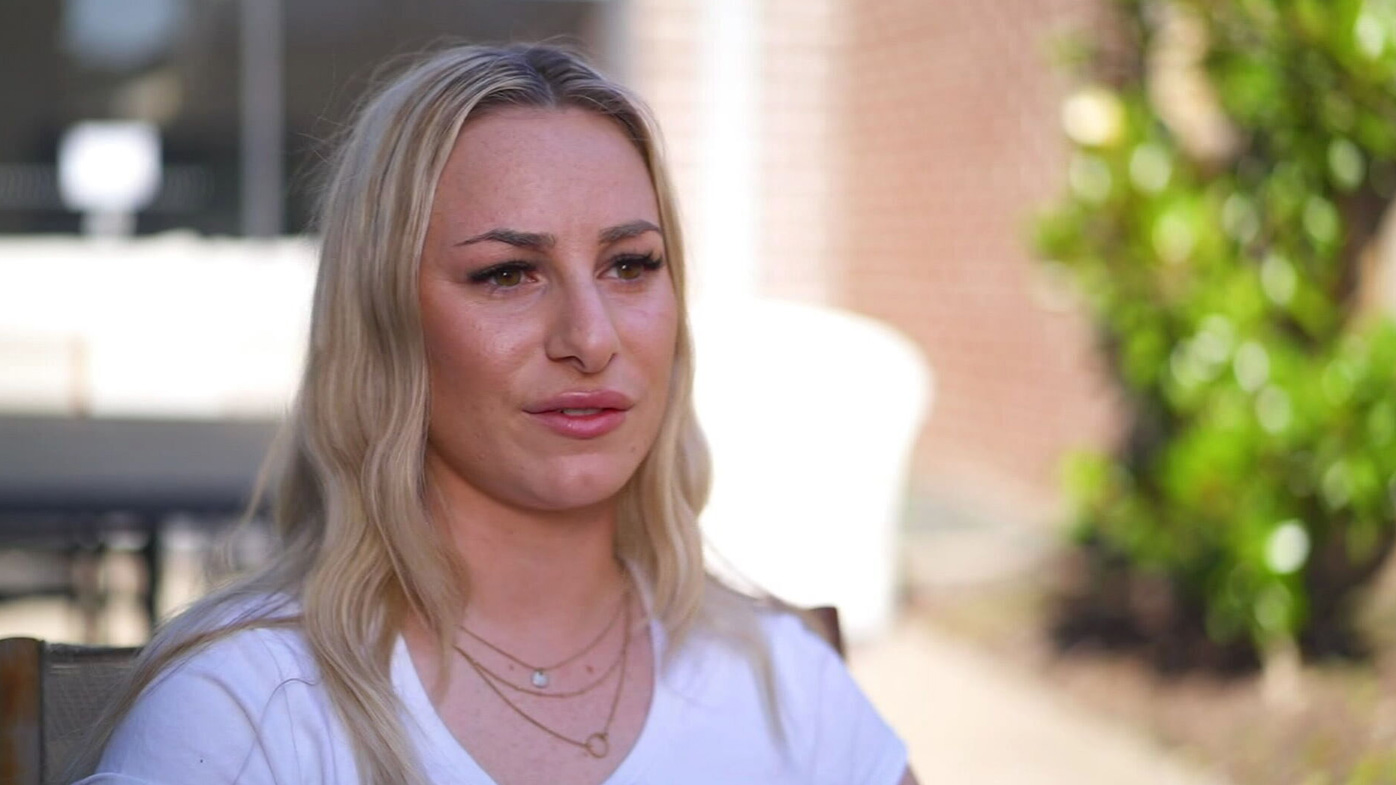
The 24-year-old teaching student from Melbourne is one of many Australians, young and old, battling long COVID and the mental and emotional toll that fight can bring.
Eight months after catching COVID-19, Ms Bourke still suffers weakness, fatigue and shortness of breath.
"It's very, very draining (and) very tiring to struggle through the days."
More than 101,000 Australians have tested positive for coronavirus since the start of the pandemic, with possibly one-third experiencing long COVID according to the study's estimations.
Do you suffer from long COVID? Email msaunoko@nine.com.au
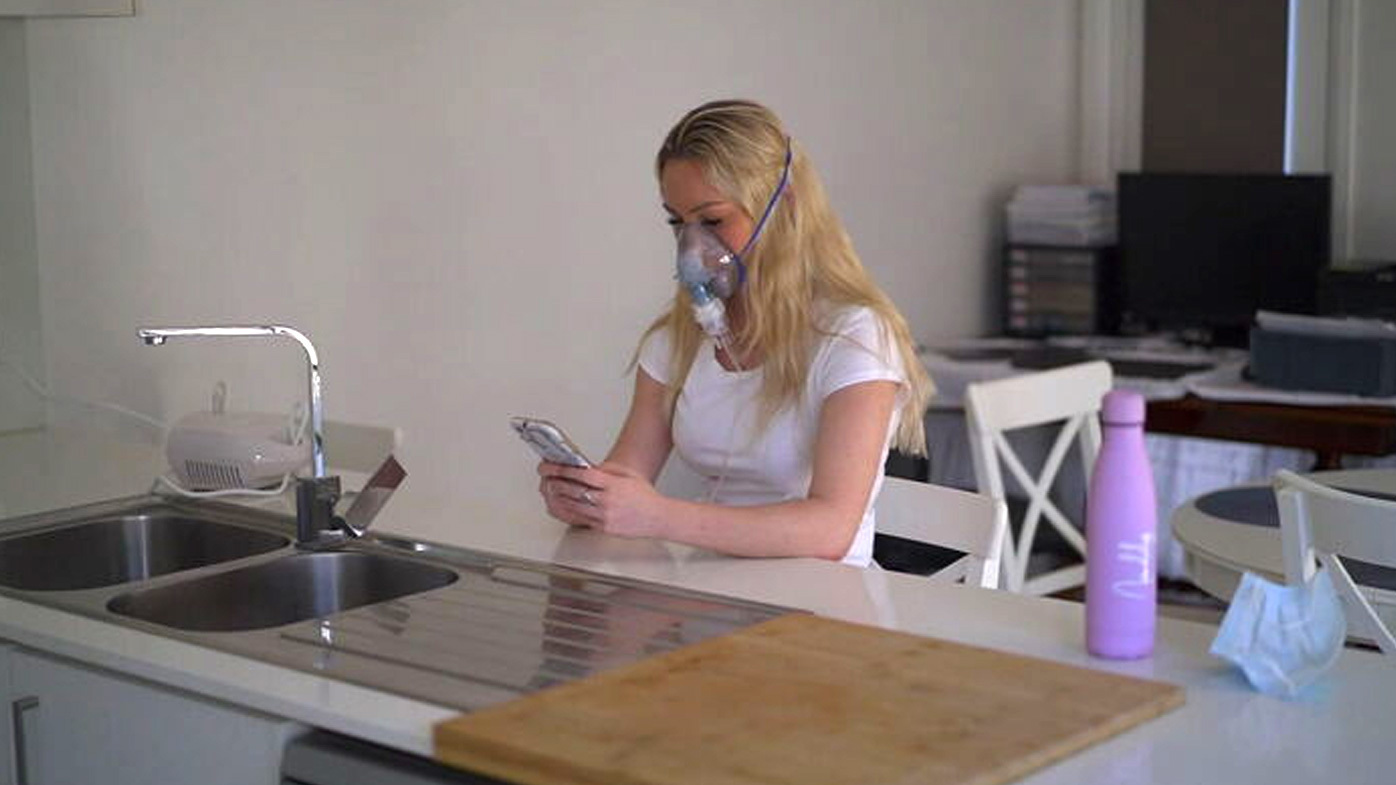
Brisbane lawyer Debbie Kilroy, 59, caught coronavirus 18 months ago and is still fighting a wave of unusual symptoms which she believes will ultimately cut her life short.
"Early this year I was at work and one of my eyes was really hurting - because you break out in small infections all the time," she said.
"And suddenly I felt like 'oh my God', like someone had thrown acid or something in my eye, or scratched it."
Fifteen minutes later, the horrible sensation started up in her other eye.
"I had to get to the emergency department straight away."
READ MORE: Inside the frightening world of 'long haulers'
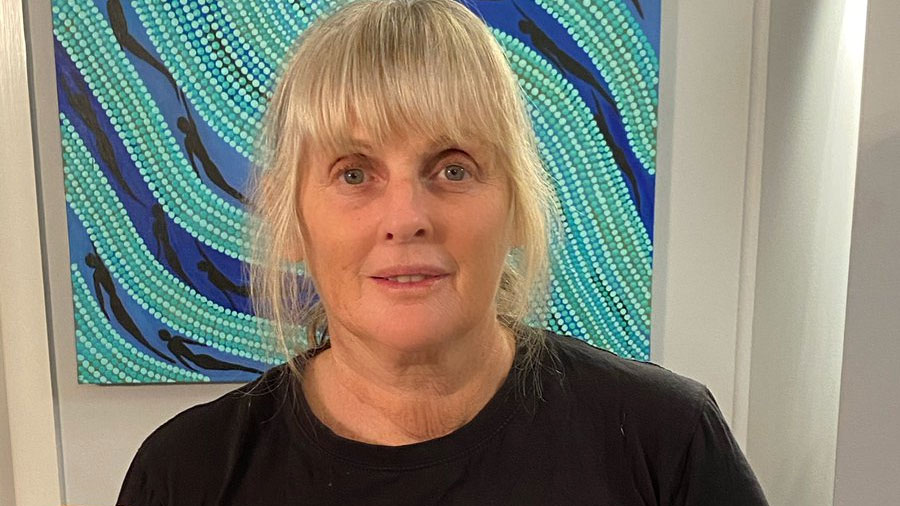
Researchers at the University of Oxford, the National Institute for Health Research (NIHR) and the Oxford Health Biomedical Research Centre are trying to shed new light on long COVID.
Women were more marginally likely to experience long COVID, the study published in PLOS Medicine found.
Severity of infection and age were linked to the likelihood of suffering long COVID.
Older people and men were more likely to face breathing difficulties and cognitive problems, researchers found, while young people and women were more prone to endure headaches, abdominal symptoms and anxiety or depression.
Ms Kilroy said she tries to remain positive and has connected with other "long haulers" in online message boards and chats, with many who suffer far worse than her.
"They're going in and out of the ICU, they're on oxygen, some die," she said.
"I'm alive, and really happy, I'm alive."
She urged Australians to get vaccinated for themselves, the health and safety of their loved ones and as a civic duty to the wider community.
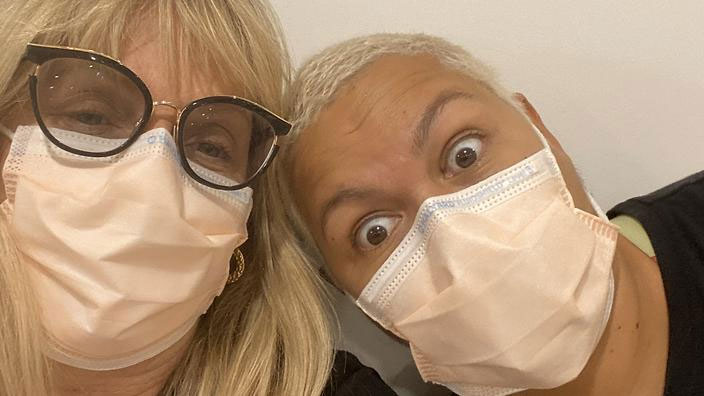
"There's many of us around the world who are probably going to struggle for the rest of our lives and probably die early," she said.
Before she got sick, Ms Kilroy was fit and healthy, at the gym training before dawn.
But now she often just wants to curl up and sleep by mid-afternoon.
Her brain is no longer as sharp and agile as it was.
What Ms Kilroy would ordinarily remember, she now must jot down on little paper notes.
Her nervous system "shakes all the time" internally, putting "impact on all your organs and your heart and everything else."
Just last week Ms Kilroy had to visit a specialist for her breathing difficulties, which have plagued her since March last year.
"It feels like someone's got their foot, like stepping on me, as if you're lying down and someone's stepping on you with their foot right in the middle of your chest, pressing down, like I can't breathe."
The steroids her doctor usually prescribes to help her breathe no longer work.
Ms Kilroy has had to visit a list of specialists for a variety of health conditions which have arisen out of nowhere since she got sick.
She was among the first cohort in Australia to be vaccinated, but the vaccine did not alleviate any of her symptoms, despite studies offering up some hope in finding some long haulers had benefitted from the jab.
"It's so good that other people have had that relief, but I haven't had that," she said.
"It's depressing, and you could easily spiral into serious depression."
Today's study follows research by NIHR into young people and teens who suffer long COVID.
Preliminary findings released earlier this month found up to one in seven children and young people who had COVID-19 may have symptoms linked to the virus 15 weeks later.
When surveyed at an average of 15 weeks after their test, one in seven had three or more symptoms, including unusual tiredness and headaches, while one in 14 more had five or more symptoms.
NIHR researchers surveyed 3065 11- to 17-year-olds in England.
